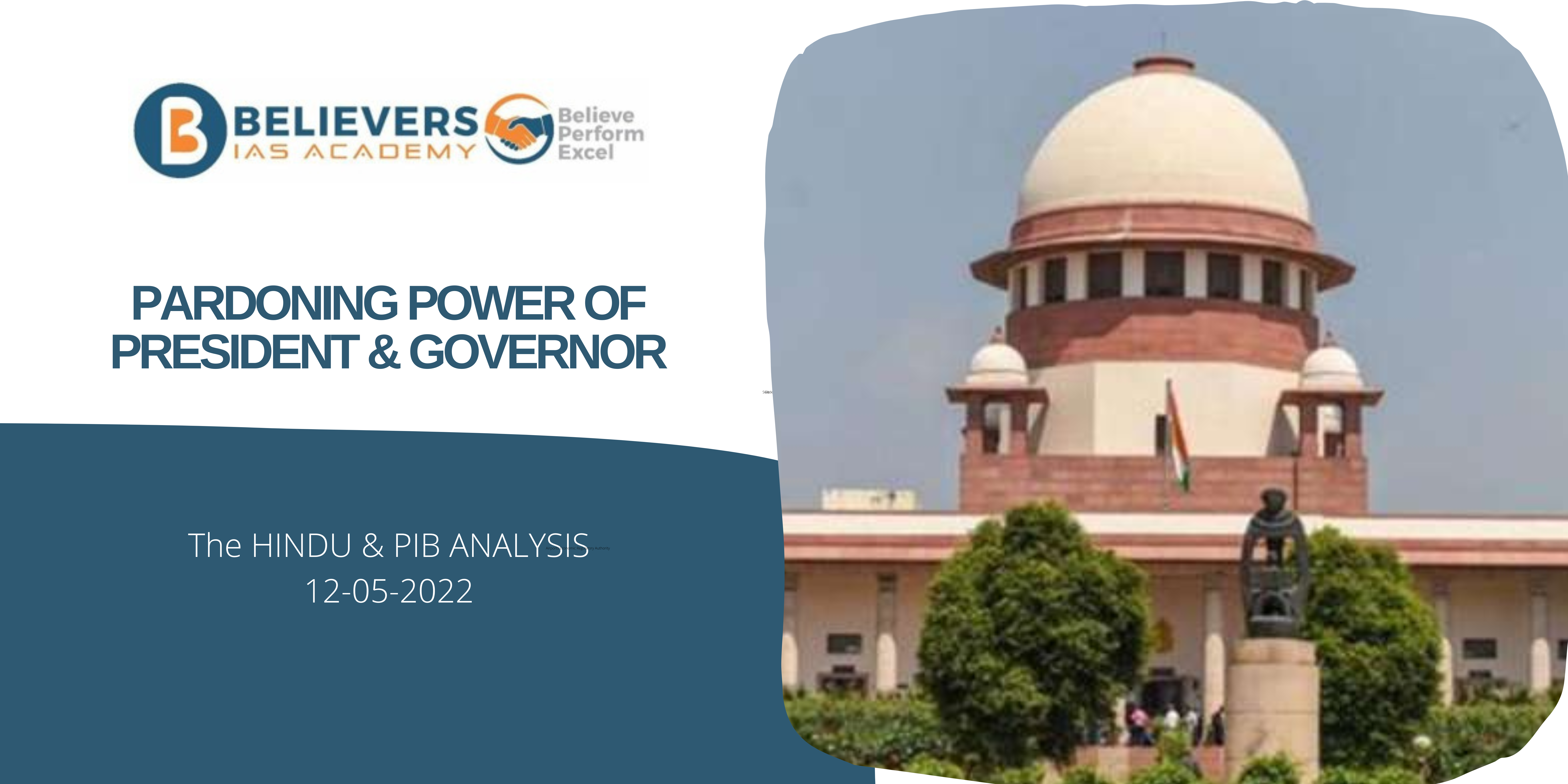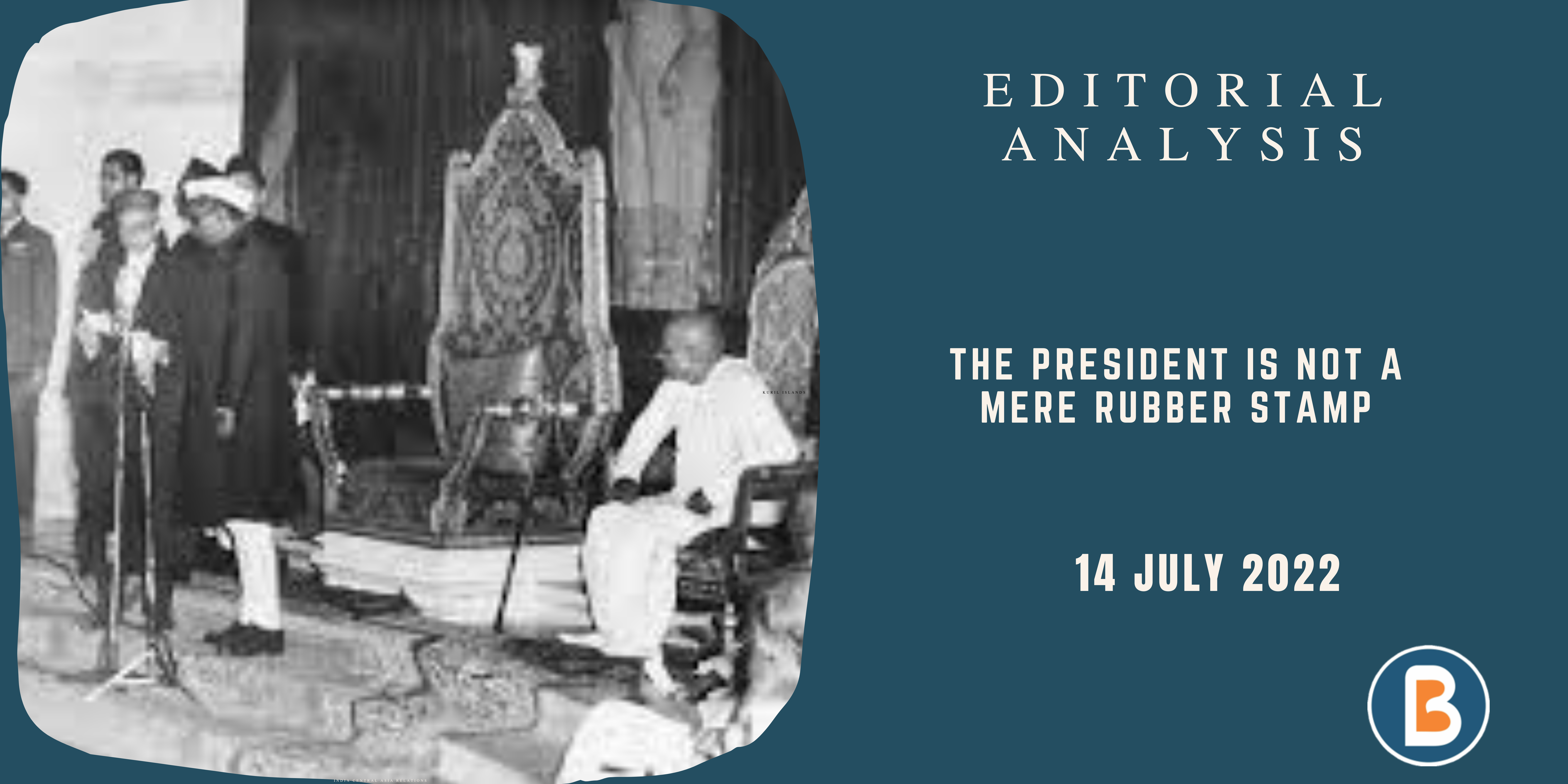Uniform Civil Code – Part 3
Context:
- Gujarat has joined the list of States that have called for implementing the Uniform Civil Code (UCC).
- In the Constituent Assembly, there was a lot of discussion regarding whether the UCC clause should be included as a fundamental right or guiding principle.
- B.R. Ambedkar believed that while the UCC was desirable, it should initially be “purely voluntary.”
Current Status:
- It has been noted that although India does have uniformity in most criminal and civil affairs, such as the Criminal Procedure Code and the Civil Procedure Code, States have amended the CrPC and IPC more than 100 times as well as various civil laws.
- Similar to how not all Hindus are subject to a uniform personal law despite the passage of the Hindu Code Bill, neither are Muslims or Christians when it comes to their respective personal laws in India.
Article 44:
- Article 44 contained in part IV of the Constitution says that the state “shall endeavour to secure for the citizens a uniform civil code throughout the territory of India”.
- The makers of the Constitution envisioned that it would be a uniform set of laws that would replace the distinct personal laws of each religion with regard to matters like marriage, divorce, adoption, and inheritance.
What happened in the Constituent Assembly?
- There were debates in the Constituent Assembly about whether it should be included as a fundamental right or a directive principle.
- The matter had to be settled by vote; with a majority of 5:4, wherein the sub-committee on fundamental rights headed by Sardar Vallabhbhai Patel decided that securing a UCC was not within the scope of fundamental rights.
Challenges:
- The makers of our constitution felt that UCC would come in the way of Article 19 of the draft Constitution (now Article 25) which guarantees the right to freedom of religion.
- However K.M Munshi rejected the notion that a UCC would be against the freedom of religion as the Constitution allowed the government to make laws covering secular activities related to religious practices if they were intended for social reform.
Source The Hindu




